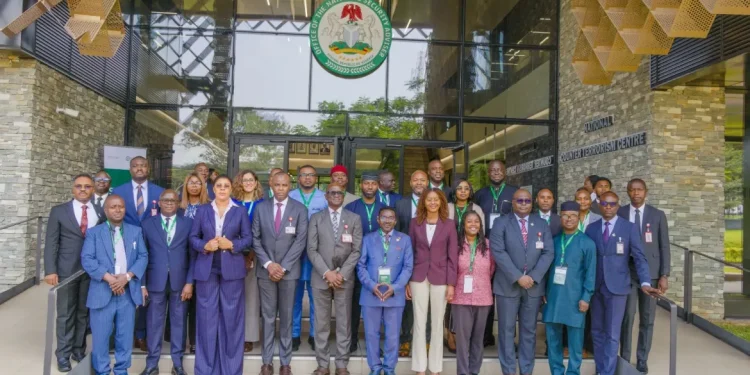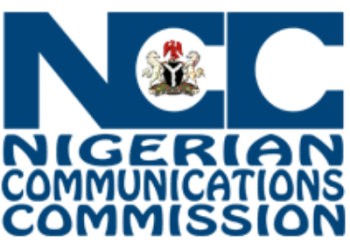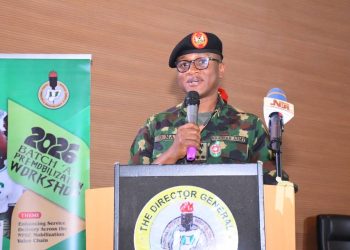By Nkechi Eze
The Vice President of the Federal Republic of Nigeria, Senator Kashim Shettima, GCON, has reaffirmed the Federal Government’s determination to promote inclusive, balanced, and sustainable development across the country’s six geopolitical zones.
Speaking through his representative, Senator Ibrahim Hassan Hadejia, Deputy Chief of Staff to the President, at the Inaugural High-Level Stakeholders’ Engagement on Regional Development held in Abuja, the Vice President described the initiative as a bold stride toward a more equitable Nigeria where governance is both participatory and people-driven.
He explained that the establishment of the National Community Advancement Centre (NACA) and the creation of Regional Development Commissions under the supervision of the Federal Ministry of Regional Development reflect President Bola Ahmed Tinubu’s belief that “governance must be inclusive, participatory, and equitable.”
Shettima emphasized that the commissions were designed to serve as vehicles for progress, bringing government closer to the people while addressing the peculiar challenges of each region. He urged all stakeholders to ensure that every part of the federation advances at the same pace, noting that “we cannot claim to have progressed as a nation unless every part moves forward together.”
In a welcome address delivered on behalf of the National Security Adviser, Mallam Nuhu Ribadu, the National Coordinator of the National Counterterrorism Centre (NCTC), Major General Adamu Laka, described the engagement as a milestone in aligning national security with inclusive development. He noted that sustainable peace cannot thrive where poverty and exclusion persist, adding that development is a “strategic investment in national security.”
General Laka explained that the NCTC has integrated stabilisation and resilience-building into its core mandate, stressing that the workshop provides a platform to strengthen institutional coordination for the effective operationalisation of the Regional Development Commissions.
Similarly, the Minister of Regional Development, Engr. Abubakar Momoh, in his opening remarks, praised President Tinubu’s Renewed Hope Agenda for prioritising regional inclusivity. He highlighted the successes of the Niger Delta Development Commission (NDDC) and the North East Development Commission (NEDC) as models for the newly established commissions, citing completed projects such as the Ogbia–Nembe Road, Okitipupa Power Substation, and large-scale housing interventions for displaced persons in the North East.
Also delivering special remarks on behalf of the Secretary to the Government of the Federation (SGF), Senator George Akume, Mr. Olusegun commended the initiative as a critical step toward bridging developmental gaps and promoting balanced national growth. He outlined six strategic priorities for the commissions, including participatory planning, ethical leadership, partnerships, and performance accountability, stressing that “integrity, passion, and patriotism must drive regional development.”
The two-day engagement, jointly organised by the NCTC, the Office of the Senior Special Assistant to the President on Regional Development Programmes, UNICEF, and the Ministries of Budget and Economic Planning and Regional Development, brought together ministers, senior government officials, development partners, and members of the diplomatic community.
The event concluded with a shared resolve among participants to strengthen collaboration, harmonize policies, and translate deliberations into measurable actions that would advance President Tinubu’s Renewed Hope Agenda and foster sustainable growth across Nigeria’s regions.
















